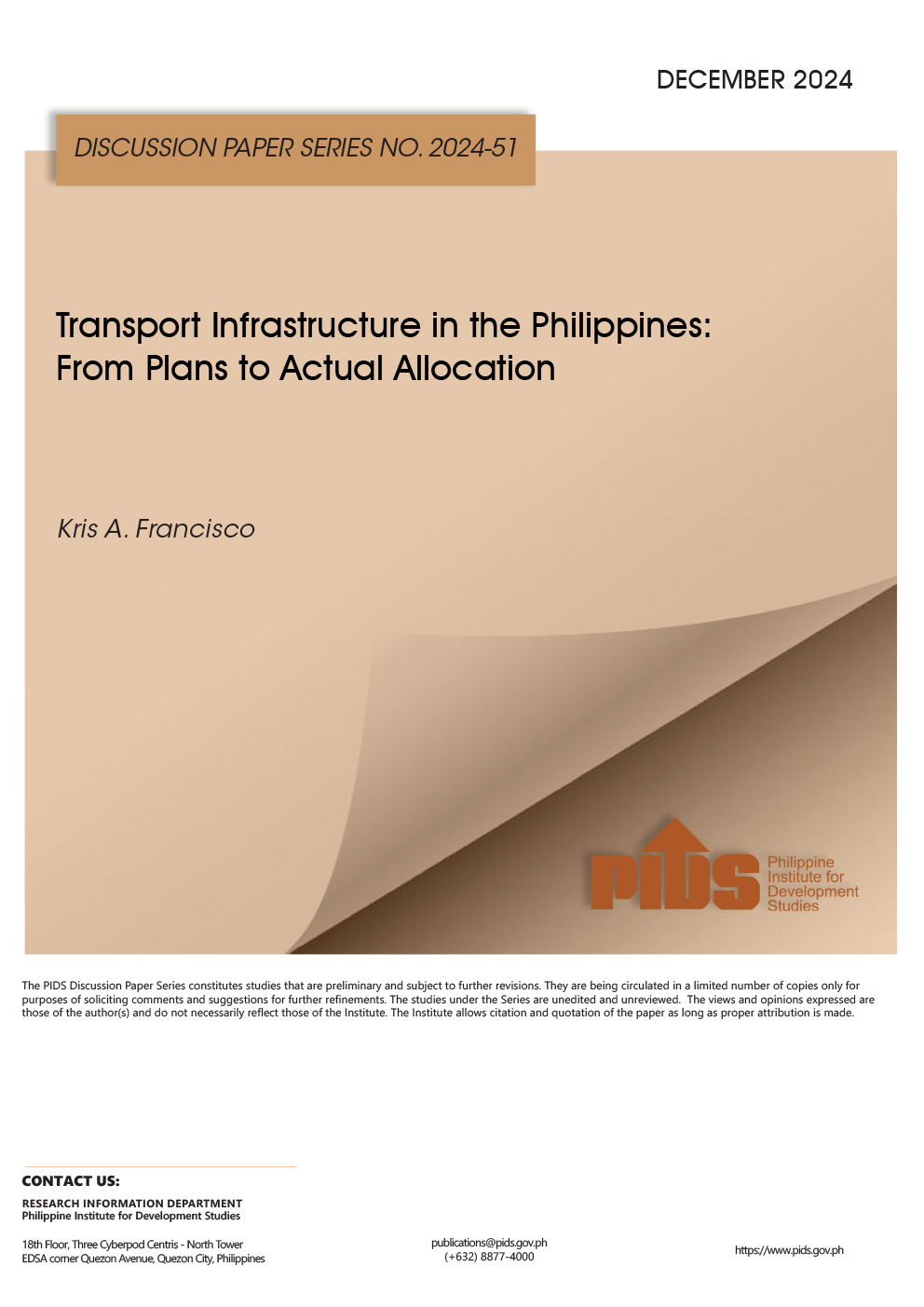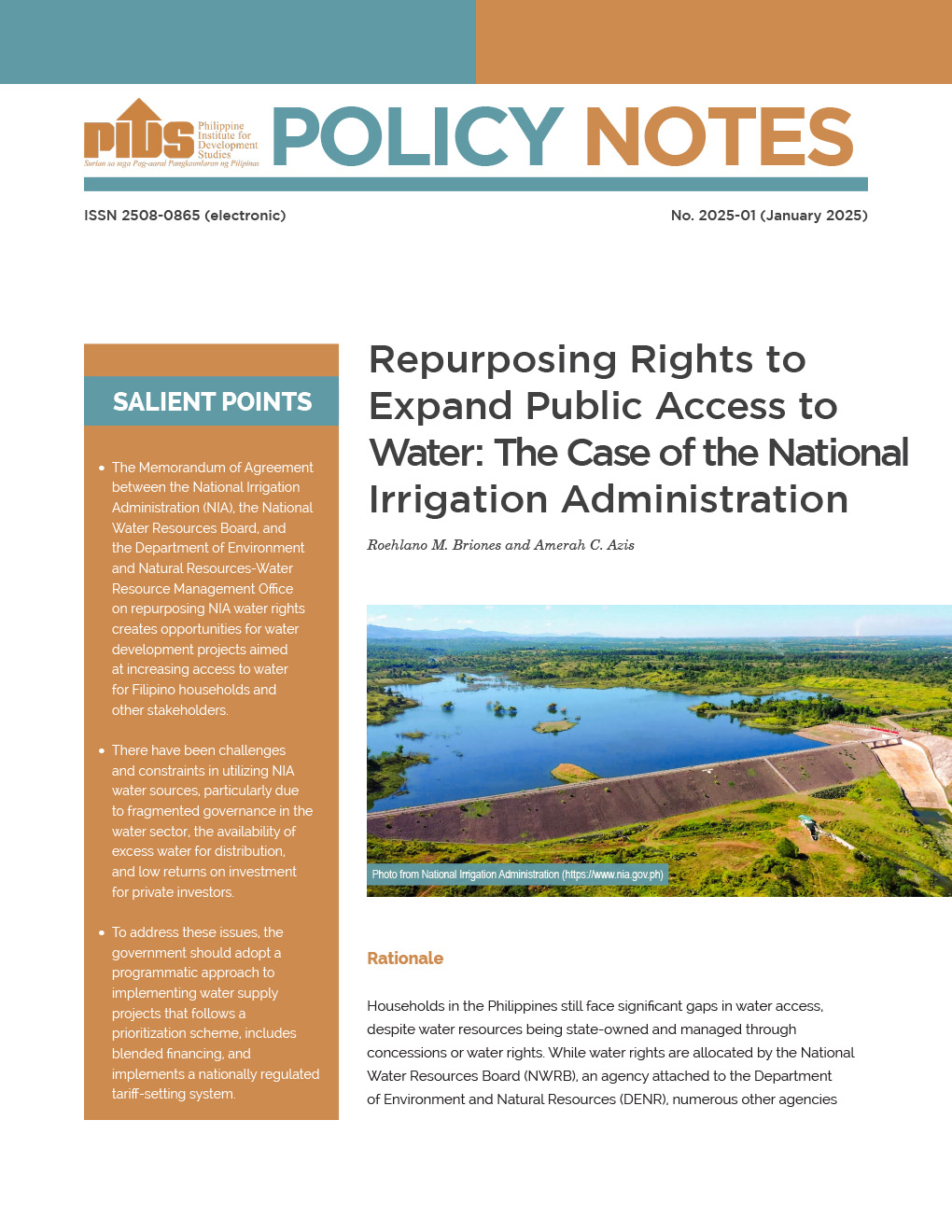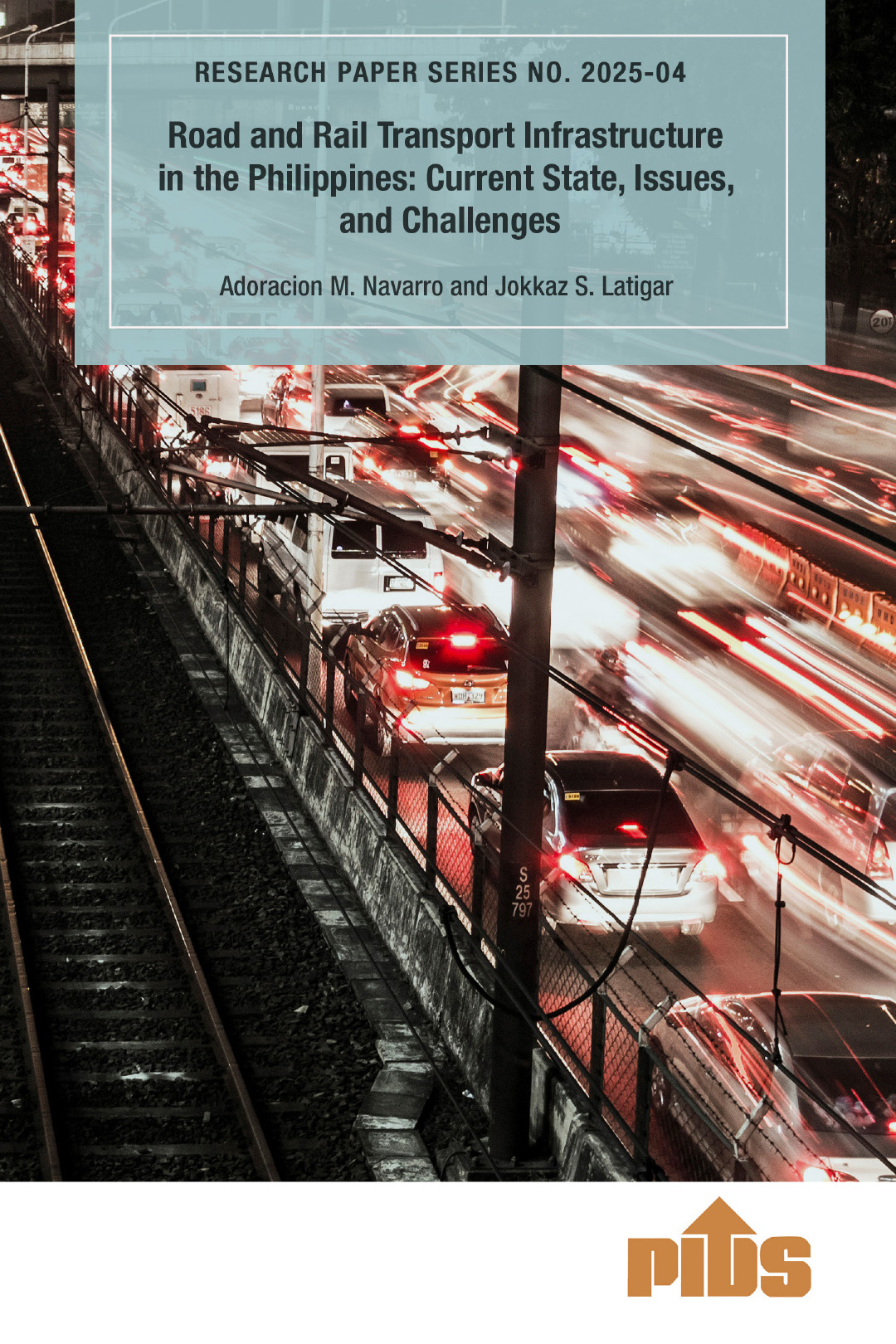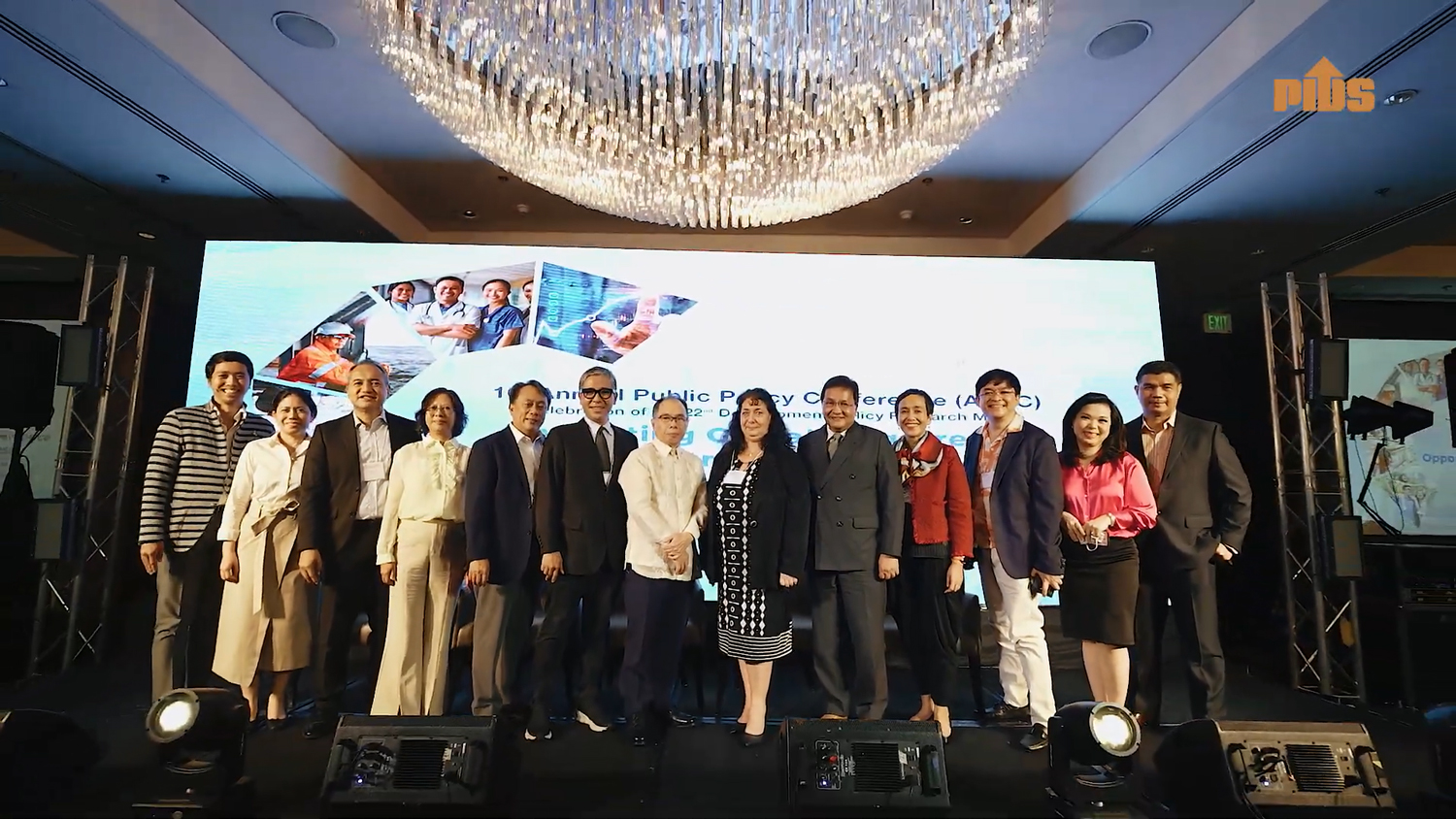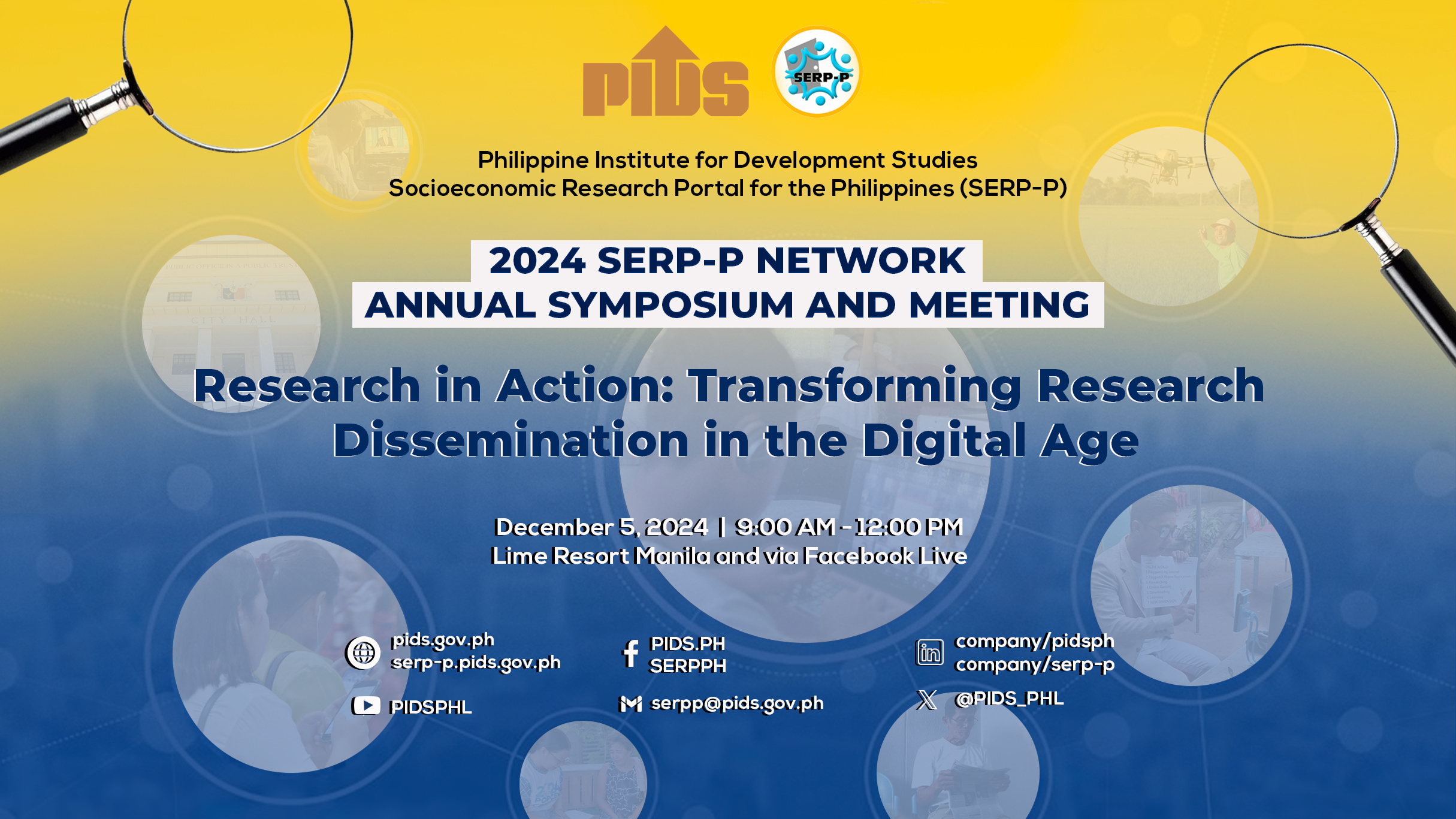MANILA, Philippines — The amendments to the 85-year-old Public Service Act (PSA), one of the government’s priority legislations, will help the country address the ever-increasing demands of the digital age and boost income levels needed in a post-pandemic world.
In its latest policy note, state-run think tank Philippine Institute for Development Studies (PIDS) called for the immediate passage of the PSA aimed at encouraging more investments from overseas.
Once enacted into law, the Philippines would be able to attract new investments from foreign firms in the telecommunications, transportation and other services sector, thereby increasing competition.
For one, the entry of more players in the telecommunication sector would boost the overall digital landscape in the country, especially with rapid global digitalization amid the pandemic.
Globe Telecom Inc. and Smart Communications Inc. are the largest mobile network operators in the country, servicing 65 percent and 52 percent of barangays, respectively.
Policy researcher and PIDS consultant Mary Grace Santos said the government needs to introduce and enforce a policy that promotes accessibility, affordability, and quality of the internet.
“Outdated laws have stifled the growth of internet service providers (ISPs). The government should remove regulatory barriers and expand market opportunities to enable players to invest, build, and innovate regardless of size, ownership, and technology,” Santos said.
Despite the widespread cell phone signal coverage and mobile device ownership, Santos argued that internet usage in the country remains low owing to poor and expensive internet connectivity and inadequate digital infrastructure.
Data showed that only 12 percent of all barangays have access to free WiFi, while one in every five barangays have no ISPs.
Even in densely populated Metro Manila, 22 barangays do not have ISPs, reflecting the digital divide and large infrastructure gap.
Santos maintained that public policies must reflect the needs and requirements of modern-day digital technologies, such as the internet, which can be put up and used by community networks and non-telco ISPs, if policy allows them to.
“Since the digital infrastructure is a combination of different technologies, not just mobile, laws must also remove biases for specific technologies,” Santos said.
“This bill can address the demands of the digital age, make the country competitive, and use information and communications technology to achieve economic recovery, coupled with sustained, inclusive wealth creation,” she said.
Santos added that increasing internet penetration can improve economic growth and income levels as economic benefits of ICT are maximized once broadband infrastructure reaches critical mass.
In developing countries, where mobile broadband is more available, internet penetration contributes 1.5 percent to the overall economy.
Changes in Public Service Act hasten digital shift

